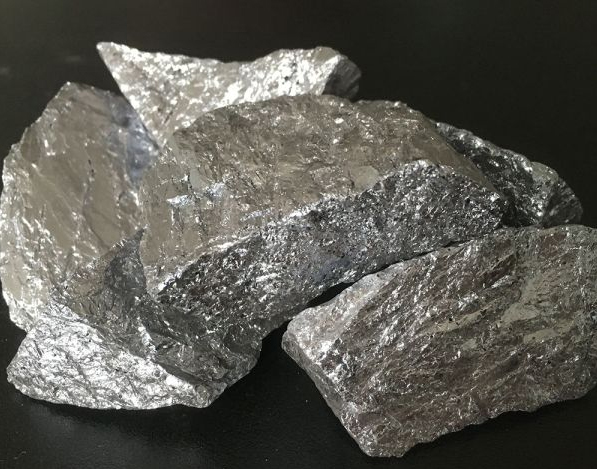
In the realm of material science and manufacturing, the machinability of metals is a critical factor that directly influences production efficiency, tool wear, and component quality. Steel, a ubiquitous material in various industries, is no exception. The addition of trace elements can significantly alter the machinability of steel, and calcium, often present in minute quantities, has been recognized for its intriguing effects. This article delves into the nuanced relationship between calcium and steel machinability, examining the underlying mechanisms, benefits, challenges, and applications.
Machinability refers to the ease with which a material can be machined or shaped into desired forms. It encompasses attributes such as cutting forces, tool wear, surface finish, and chip formation during machining processes. In the competitive landscape of manufacturing, achieving optimal machinability is essential to streamline production and ensure the cost-effective production of high-quality components.
The Calcium Factor: Enhancing Machinability:
Calcium, though present in trace amounts, can have a remarkable impact on steel machinability. When added to steel, calcium forms compounds that alter the material's microstructure, leading to distinct effects during machining. These effects primarily stem from calcium's interaction with non-metallic inclusions, grain size, and phase transformations.
Calcium's presence in steel modifies the composition and morphology of non-metallic inclusions. The formation of calcium-containing inclusions, such as calcium aluminate (CaAl2O4), can lead to reduced tool wear during machining. These inclusions act as effective lubricants at the tool-chip interface, minimizing friction and heat generation, which are known culprits of tool wear.
Grain Refinement and Tool Wear Reduction:
The role of calcium in promoting grain refinement contributes to improved machinability. Fine-grained steels exhibit lower cutting forces and reduced tool wear due to the increased density of grain boundaries. The enhanced strength and decreased propensity for chip adhesion further optimize machining processes, allowing for higher cutting speeds and improved surface finish.

Calcium can influence phase transformations in steel, affecting the material's response to machining operations. For instance, the presence of calcium can lead to the formation of desirable transformation products, such as ferrite, which can facilitate chip formation and breakage, reducing the tendency for built-up edge formation on the cutting tool.
Challenges and Considerations:
While calcium's role in enhancing steel machinability is promising, challenges exist. The proper dosage and distribution of calcium must be carefully controlled to avoid detrimental effects, such as excessive inclusion formation or changes in mechanical properties. The interaction between calcium and other alloying elements must be considered to ensure the desired machinability improvements.
The impact of calcium on steel machinability has far-reaching implications for industries reliant on precision manufacturing. Automotive, aerospace, and machinery manufacturing, among others, stand to benefit from improved machining efficiency and reduced tool wear. The incorporation of calcium as a machinability enhancer aligns with the drive for leaner, more efficient production processes.
Advancing Machining Practices:
The understanding of calcium's influence on steel machinability continues to evolve alongside advancements in machining technology. Researchers and manufacturers are exploring novel alloys and processing techniques that leverage calcium's potential to optimize machining processes further. As technology advances, the relationship between calcium and steel machinability will likely yield innovative solutions to enhance manufacturing capabilities.
The interplay between calcium and steel machinability underscores the intricate nature of material science and its applications in modern manufacturing. From altering non-metallic inclusions to refining grain structures, calcium's impact on machinability offers a pathway to more efficient and cost-effective production processes. As industries demand higher precision, faster production rates, and improved tool life, calcium's role as a machinability enhancer stands as a testament to the ongoing pursuit of excellence in the world of steel manufacturing.

Write a Message